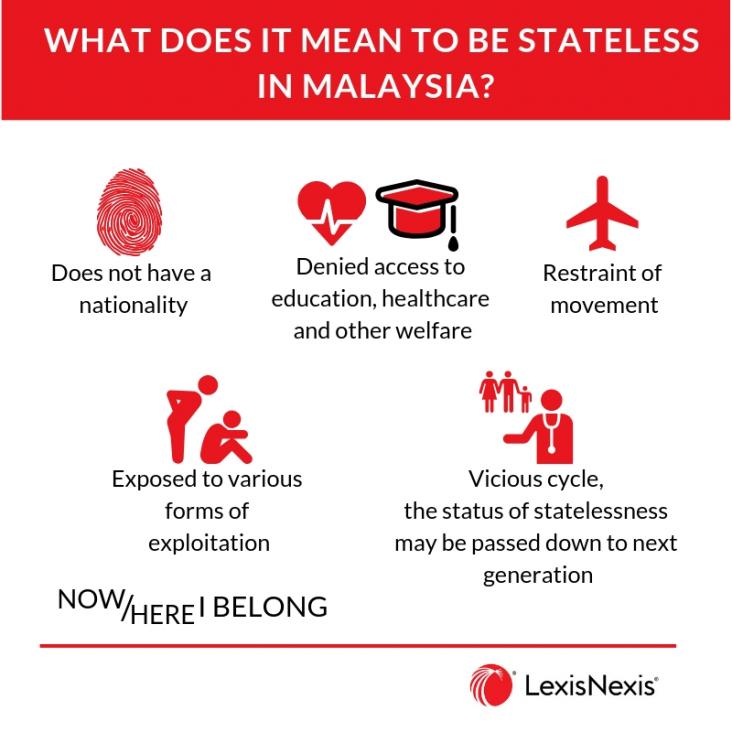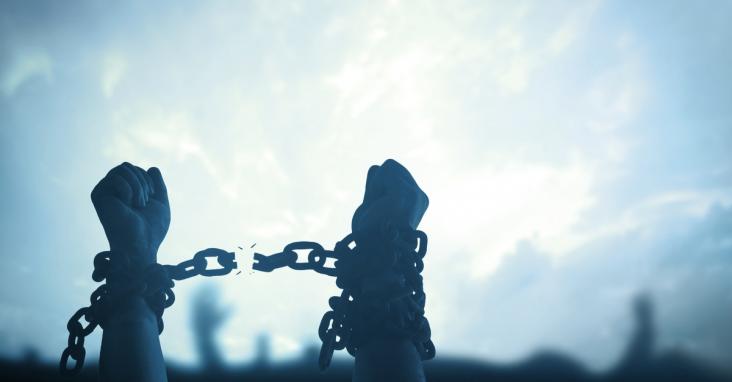Partner content
United Nations UniversityUnited Nations University, September 2019.
Directly relevant to SDGs 8 (Decent Work and Economic Growth) and 17 (Partnerships for the Goals), this report explores a public-private partnership which puts the financial sector at the heart of global efforts to end modern slavery and human trafficking and accelerate action in eradicating these practices.
Held in association with the Ban Ki Moon Center for Global Citizens and hosted by RELX, the discussion focused on the state of human rights around the world. The session also covered the Rule of Law, the UN Sustainable Development Goals and the responsibility of businesses to support and drive initiatives that benefit society.

Advancing SDGs 10 (reduced inequalities) and 16 (peace, justice and strong institutions), this video series focusses on the issue of statelessness in Malaysia.
This report conducts an analysis of the intergovernmental fiscal transfer programs whose budget allocation formulas include population criteria.Through a series of simulations in three Latin American countries (Bolivia, Ecuador, and El Salvador), it analyses what would have happened if more accurate population estimates had been used when allocating transfers to subnational governments. This contributes to SDGs 10 and 16.
This report showcases the latest transaction patterns, trends and cybercrime threats in Europe, the Middle East and Africa (EMEA). It is essential reading for anyone involved in cybersecurity, financial crime, digital identity, fraud management and threat detection, advancing SDGs 8 (decent work and economic growth) and 16 (peace, justice and strong institutions).

July 30th marks the fifth World Day Against Trafficking in Persons, a call to action—for individuals and organizations—to protect and promote human rights among some of the world’s most vulnerable populations. As part of the United Nations 2030 Agenda, and specifically SDG 8 (Decent Work) and SDG 16 (Peace, justice and strong institutions), the global community has agreed to eliminate trafficking and companies are expected to meet ethical expectations for human rights standards.
The SDG National Reporting Initiative was launched to facilitate greater information-sharing on SDG reporting between international, regional, and local communities, furthering SDGs 16 and 17. This report summarises the state of SDG reporting as well as challenges and successes identified during the implementation of the SDG National Reporting Initiative.

Advancing goals 13 and 16, the inaugural World Forum on Climate Justice will bring together leading civil society groups, academics, business representatives, members of the public, and policymakers to foster new thinking and explore pressing topics in climate justice advocacy, research, policy and practice as we adapt to reach the 1.5°C goal.
Partner content
United Nations UniversityUnited Nations University, New York, March 2019.
Focussing on SDGs 8 (Decent Work and Economic Growth), 16 (Peace, Justice and Strong Institutions) and 17 (Partnerships for the Goals), Dr Alison Gardner, head of the Rights Lab’s Governance Programme, discusses the Slavery-Free Communities Programme’s work, highlighting promising practices in the context of Nottingham and the UK.
Partner content
United Nations UniversityUnited Nations University, February 2019.
Contributing to SDG 16 (Peace, Justice and Strong Institutions), this report constitutes a first step to establish evidence that can be used to inform practice in the joint application of UN sanctions and mediation, in its efforts to prevent and resolve conflict.
